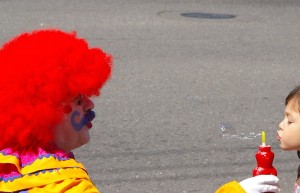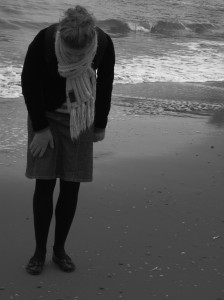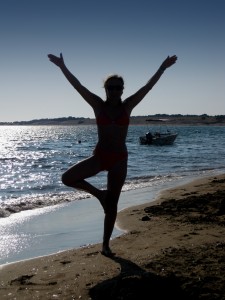Inspiration:

Do something foolish today. Then think about how habitually giving yourself permission to be foolish might change you.
April Fools Day Jokes and Pranks
The Story of Uncle Ben
Dear Dr. Science,
What was Uncle Ben’s rice before it was converted?
from Marlene of Zionsville, IN
Uncle Ben was one of the first Unitarians, a dogma-free religion that pretty much lets you believe whatever you want, and will defend your right to believe it. Before he adopted this remarkably even-handed approach to matters of faith, Uncle Ben was an elder in the Church of the Practically Insane, a mind-control cult that ran a string of Nudist camps in Northern Arkansas and Southern Missouri. The rice connection came from a bet he once made with an agnostic. Uncle Ben claimed he was such a good preacher that he could even convert rice. His attempts to convert a bowl of white basmati rice caused the personal epiphany that led Uncle Ben to abandon his current belief system and embrace the relative tolerance of Unitarianism.
Happy April Fool’s Day from the Church of the Larger Fellowship!
Join us at 7 pm ET tonight for our service of Reflection & Connection: http://www.livestream.com/questformeaning




